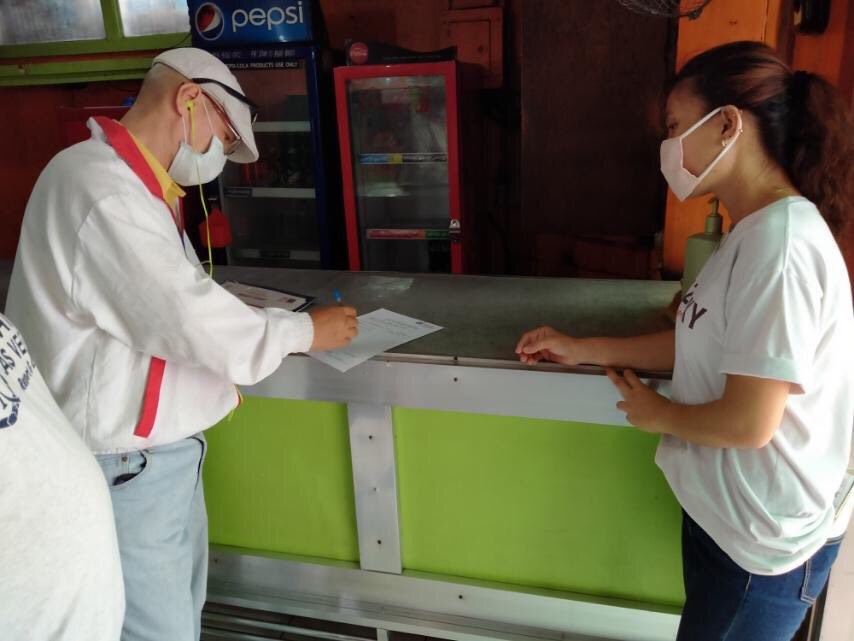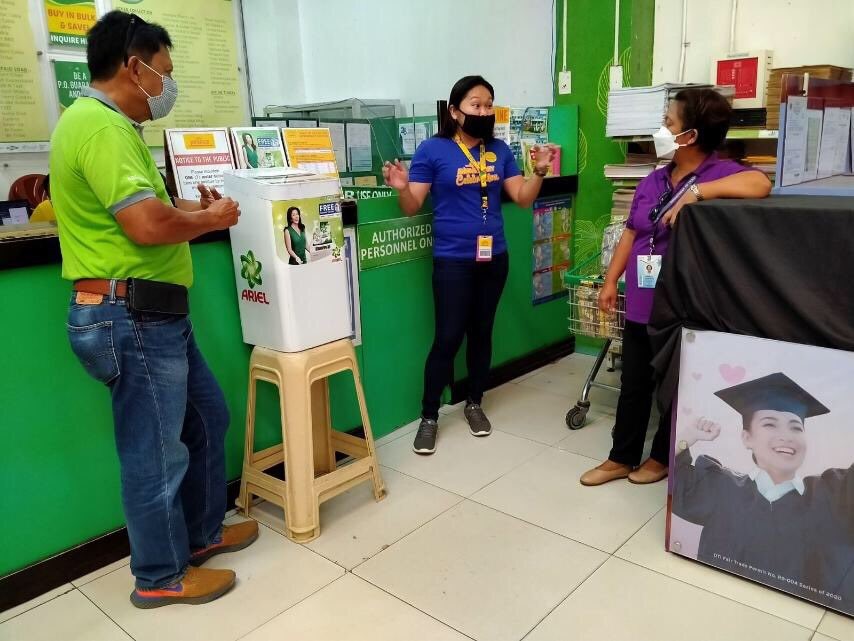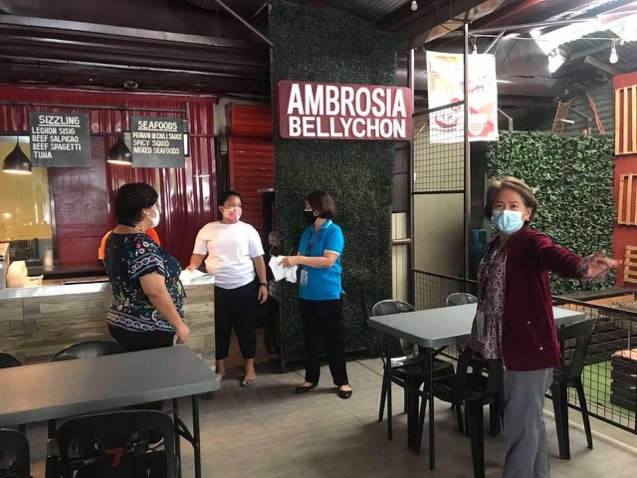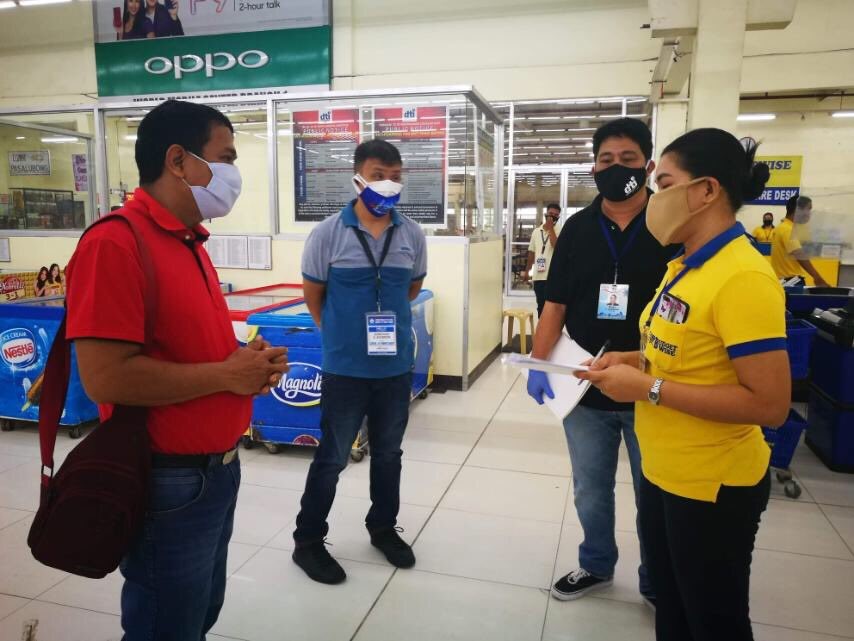ZAMBOANGA CITY—-DTI Region 9 OIC-Regional Director Ceferino J. Rubio said the DTI and DOLE Region 9 provincial offices are now monitoring various establishments to ensure that the DTI-DOLE interim guidelines on workplace prevention and control of COVID-19 are complied with. The guidelines are issued to assist private institutions that are allowed to operate during the Enhanced Community Quarantine (ECQ) and General Community Quarantine (GCQ) in developing the minimum health protocols and standards in the light of the COVID-19 pandemic. Specifically, it aims to increase physical and mental resilience; reduce COVID-19 transmission; minimize contact rate; and reduce the risk of COVID-19 infection.
Rubio added the monitoring activities carried out by DTI and DOLE will look into these protocols and standards: presence of company policies for the prevention and control of COVID-19; availability of resources and materials to keep the workers healthy and the workplace safe; designation of safety officer to monitor the COVID-19 prevention and control measures; enhancement of health insurance provision; provision of shuttle or decent accommodation to workers for less people movement; preference to local residents as employees; availability of COVID-19 hotline and call center for easy reporting of potential cases.


Rubio further added that the monitoring activities are now being carried out region-wide through the DTI Region 9 provincial offices and DOLE Region 9 field offices in the provinces of Zamboanga del Norte, Zamboanga del Sur and Zamboanga Sibugay and the cities of Zamboanga and Isabela. Monitoring covers those establishments that are already allowed to operate during GCQ for Zamboanga City and MCGCQ for the rest of the region.
Sectors allowed to operate during GCQ in full operational capacity include (Category I) agriculture, forestry and fisheries, manufacturing of essential goods, hospitals and medical clinics, retail establishments, food preparation and water refilling, logistic services, delivery services, utilities (power, energy, water, communication), gasoline stations, and media establishments; 50% to full operational capacity (Category II) include beverages, cement and steel, electrical machinery, wood products, furniture, non-metallic products, textiles/wearing apparels, tobacco products, paper and paper products, rubber and plastic products, coke and refined petroleum products, other non-metallic mineral products, computer, electronic and optical products, electrical equipment, machinery and equipment, motor vehicles, trailers, and semi-trailers, other transport equipment, mining and quarrying, electronic commerce companies, postal and courier and delivery services, export oriented companies, repair of computers and personal household goods, housing service activities, accommodation but with specified guests, funeral and embalming services, veterinary clinics, security and investigation activities, barber shop and nail services; 50% work on site arrangement or work from home for (Category III) business process outsourcing (BPO), trust corporation, legal and accounting, architecture and engineering activities, scientific and research development, advertising and market research, publishing and printing activities, motion picture among others, employment activities, malls and commercial centers with specified limitations, wholesale and retail trade of motor vehicles, bookstores, and baby care supplies stores. (DTI MC 20-22-2020)


Rubio also stressed that these establishments are not yet allowed to operate during GCQ: gyms, fitness studios and sports facilities, entertainment, business, politically, and or sports related mass gatherings, libraries, archives, museums, gambling and betting activities, travel agency, tour operators, reservation services, and activities of membership organizations.♦
Date of Release: 5 June 2020



